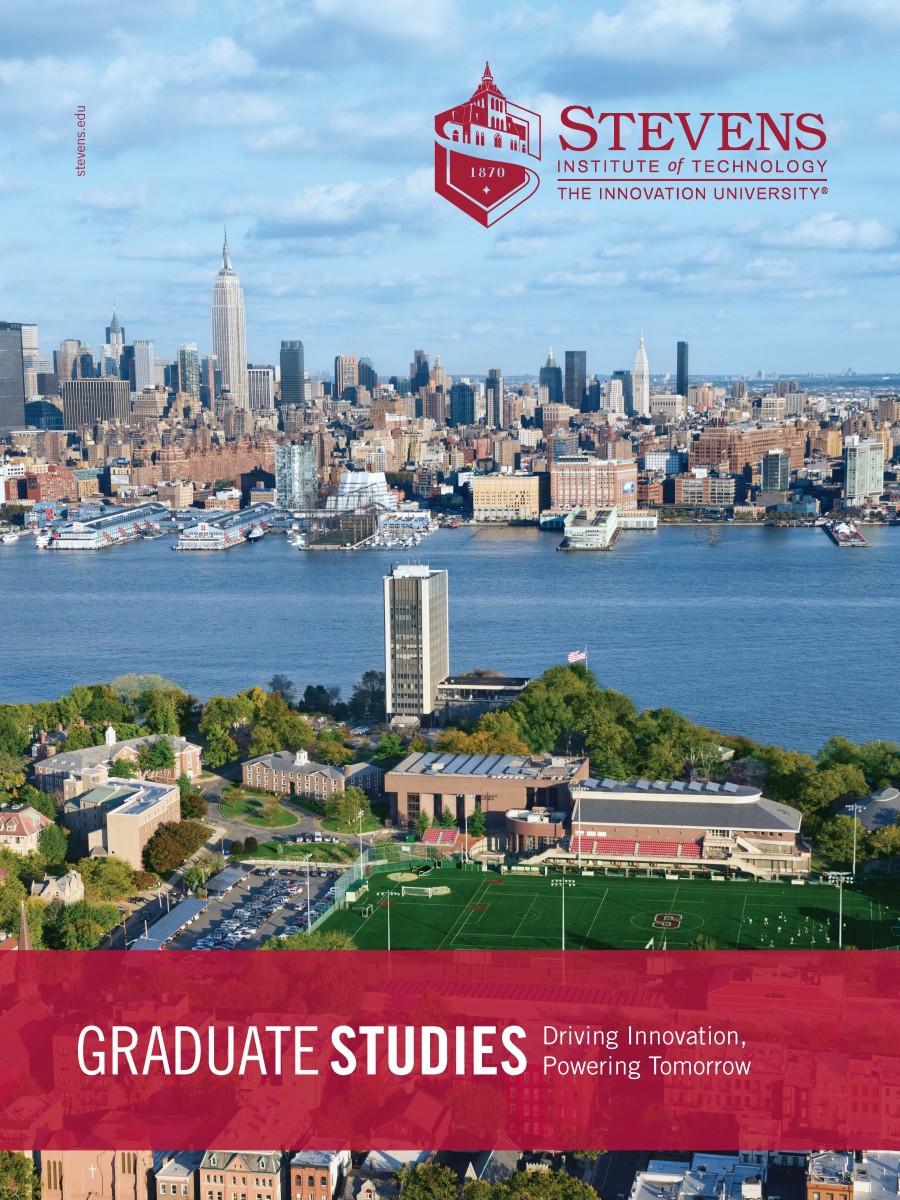Political Science as Liberal Arts: Understanding the Academic Classification and Career Benefits
Understand political science within liberal arts education
Political science stand steadfastly within the liberal arts tradition, represent one of the core disciplines that exemplify the breadth and analytical depth characteristic of liberal education. This classification reflect both the historical development of the field and its contemporary approach to understand human behavior, governance, and social systems.
The liberal arts framework encompass disciplines that develop critical thinking, communication skills, and broad intellectual perspectives preferably than narrow technical training. Political science fit this model dead through its emphasis on analytical reasoning, research methodologies, and interdisciplinary connections that span history, economics, philosophy, and sociology.
Core components of political science as liberal arts
Political science programs typically include several foundational areas that demonstrate the discipline’s liberal arts character. American government and politics form the cornerstone, examine constitutional principles, electoral systems, and policy make processes. Comparative politics extend this analysis globally, explore different governmental systems and political cultures across nations and regions.
International relations represent another crucial component, analyze diplomacy, conflict, trade, and global governance structures. Political theory provide philosophical foundations, examine concepts of justice, democracy, power, and citizenship that have shape political thought throughout history.
Research methods and statistical analysis round out the curriculum, teach students to evaluate evidence, conduct surveys, analyze data, and draw meaningful conclusions from complex information. These skills exemplify the liberal arts emphasis on develop transferable analytical capabilities.
Skills development through liberal arts political science
Students pursue political science within the liberal arts framework develop a comprehensive skill set that extend far beyond political knowledge. Critical thinking abilities emerge through analyze compete theories, evaluate policy proposals, and examine historical precedents for contemporary challenges.
Writing and communication skills receive extensive development through research papers, policy briefs, and presentations. Students learn to articulate complex ideas intelligibly, construct persuasive arguments, and adapt their communication style for different audiences and purposes.
Research capabilities grow through hands-on experience with primary sources, statistical analysis, and fieldwork. Students learn to identify reliable information sources, design research projects, and interpret findings within broader theoretical frameworks.
Cultural competency develop through comparative studies and international focus areas. Understand different political systems, cultural contexts, and historical experiences prepare graduates for progressively globalize career environments.
Interdisciplinary connections
The liberal arts nature of political science become evident through its extensive connections with other disciplines. Economics intersects with political science through public policy analysis, budget processes, and regulatory frameworks. Students examine how economic theories influence political decisions and how governmental policies affect market outcomes.
History provide essential context for understand contemporary political developments. Political science students study historical precedents, constitutional evolution, and the development of democratic institutions to intimately analyze current events and predict future trends.

Source: notapoliteknikmalaysia.blogspot.com
Philosophy contribute theoretical foundations for understand justice, rights, democracy, and legitimate authority. These philosophical underpinnings help students develop ethical frameworks for evaluate political actions and policy proposals.
Sociology and anthropology inform understanding of political behavior, group dynamics, and cultural influences on governance. This interdisciplinary approach reflects the liberal arts commitment to comprehensive quite than narrow educational experiences.
Career flexibility and liberal arts advantages
The liberal arts classification of political science provide significant career advantages through the transferable skills and broad knowledge base students develop. Preferably than train for one specific job, the program prepares graduates for diverse career paths that value analytical thinking, communication abilities, and cultural awareness.

Source: notapoliteknikmalaysia.blogspot.com
Government positions at federal, state, and local levels welcome political science graduates who understand institutional processes, policy development, and public administration. Legislative staff, policy analysts, and diplomatic corps positions specially value the comprehensive preparation liberal arts political science provide.
Private sector opportunities abound in consulting, public affairs, corporate communications, and international business. Companies progressively value employees who understand regulatory environments, can navigate complex stakeholder relationships, and possess strong analytical and communication skills.
Nonprofit organizations seek political science graduates for advocacy, program management, and research positions. The liberal arts emphasis on ethical reasoning and social responsibility aligns advantageously with nonprofit missions and values.
Legal careers represent a natural progression for many political science majors. Law schools actively recruit liberal arts graduates who demonstrate strong analytical thinking, write abilities, and understanding of governmental systems and constitutional principles.
Graduate school preparation
Political science as a liberal arts major provide excellent preparation for various graduate programs beyond law school. Master of public administration programs value the policy analysis skills and institutional knowledge political science students develop.
International relations graduate programs build upon the comparative politics and international studies components of undergraduate political science education. Students enter these programs with solid foundations in theory, methodology, and regional expertise.
Business schools progressively recognize the value of liberal arts backgrounds, include political science, for MBA programs. The analytical thinking, communication skills, and broad perspective these students bring complement more technically focus undergraduate preparations.
Academic careers in political science or related fields benefit from the research experience and theoretical grounding that undergraduate liberal arts programs provide. Students develop the intellectual curiosity and methodological skills necessary for advanced research and teaching.
Practical applications and real world relevance
The liberal arts approach to political science emphasize practical applications that connect classroom learning with real world challenges. Internship programs place students in government offices, campaigns, think tanks, and advocacy organizations where they apply theoretical knowledge to actual political processes.
Model United Nations, mock trial, and debate competitions provide experiential learning opportunities that develop public speaking, negotiation, and analytical skills while deepen understanding of political processes and international relations.
Service learn components connect students with community organizations, allow them to see how political decisions affect real people and communities. This practical engagement reinforces the liberal arts commitment to civic responsibility and social awareness.
Study overseas programs expose students to different political systems and cultural contexts, enhance their comparative perspective and cultural competency. These experiences exemplify the liberal arts goal of develop global citizens with broad intellectual horizons.
Contemporary relevance and future outlook
Political science remain extremely relevant within the liberal arts framework as society face complex challenges require interdisciplinary understanding and analytical thinking. Climate change, technological disruption, globalization, and demographic shifts demand the kind of comprehensive perspective that liberal arts education provide.
The information age require citizens who can evaluate sources, analyze compete claims, and make informed decisions about complex issues. Political science education develop these critical thinking skills while provide substantive knowledge about governmental institutions and political processes.
Democratic societies depend on engage citizens who understand how political systems work and can participate efficaciously in civic life. Liberal arts political science education prepare graduates to fulfill these citizenship responsibilities while pursue diverse career paths.
Employers progressively value the adaptability, communication skills, and analytical abilities that liberal arts graduate possess. As career paths become less predictable and job requirements evolve quickly, the across the board base preparation that political science provide become progressively valuable.
Choose political science within liberal arts
Students consider political science should understand both the opportunities and expectations that come with this liberal arts major. The program require extensive reading, writing, and analytical thinking preferably than memorization or technical skill development.
Success in political science depend on intellectual curiosity, willingness to engage with complex and sometimes controversial topics, and commitment to develop strong research and communication skills. Students should expect to write often, participate in class discussions, and grapple with ambiguous questions that lack simple answers.
The liberal arts nature of political science mean students will encounter diverse perspectives and be will expect to will evaluate will compete viewpoints moderately and analytically. This intellectual openness and critical thinking orientation serve graduate intimately in their careers and civic lives.
Financial considerations should acknowledge that liberal arts majors, include political science, may require additional steps such as internships, graduate school, or entry level positions to reach desire career goals. Nevertheless, the long term career flexibility and earn potential oftentimes justify this initial investment in across the board base education.
Maximize the liberal arts political science experience
Students can maximize their political science education by take advantage of the interdisciplinary opportunities that liberal arts programs provide. Complementary coursework in economics, history, philosophy, or foreign languages enhance the core political science curriculum and demonstrate intellectual breadth to future employers or graduate schools.
Research opportunities with faculty members provide valuable experience in methodology, data analysis, and academic writing while develop mentor relationships that can provide career guidance and recommendation letters.
Extracurricular activities such as student government, political organizations, debate teams, or volunteer work with campaigns and advocacy groups provide practical experience that complement classroom learning and demonstrate commitment to civic engagement.
Build relationships with professors, career services staff, and alumni create networks that can provide internship opportunities, job leads, and career advice throughout professional development.
Political science’s position within the liberal arts tradition reflect its commitment to develop engaged citizens and thoughtful leaders who can navigate complex challenges with analytical rigor and ethical awareness. This educational approach prepare graduates for diverse careers while contribute to democratic society and inform public discourse.



